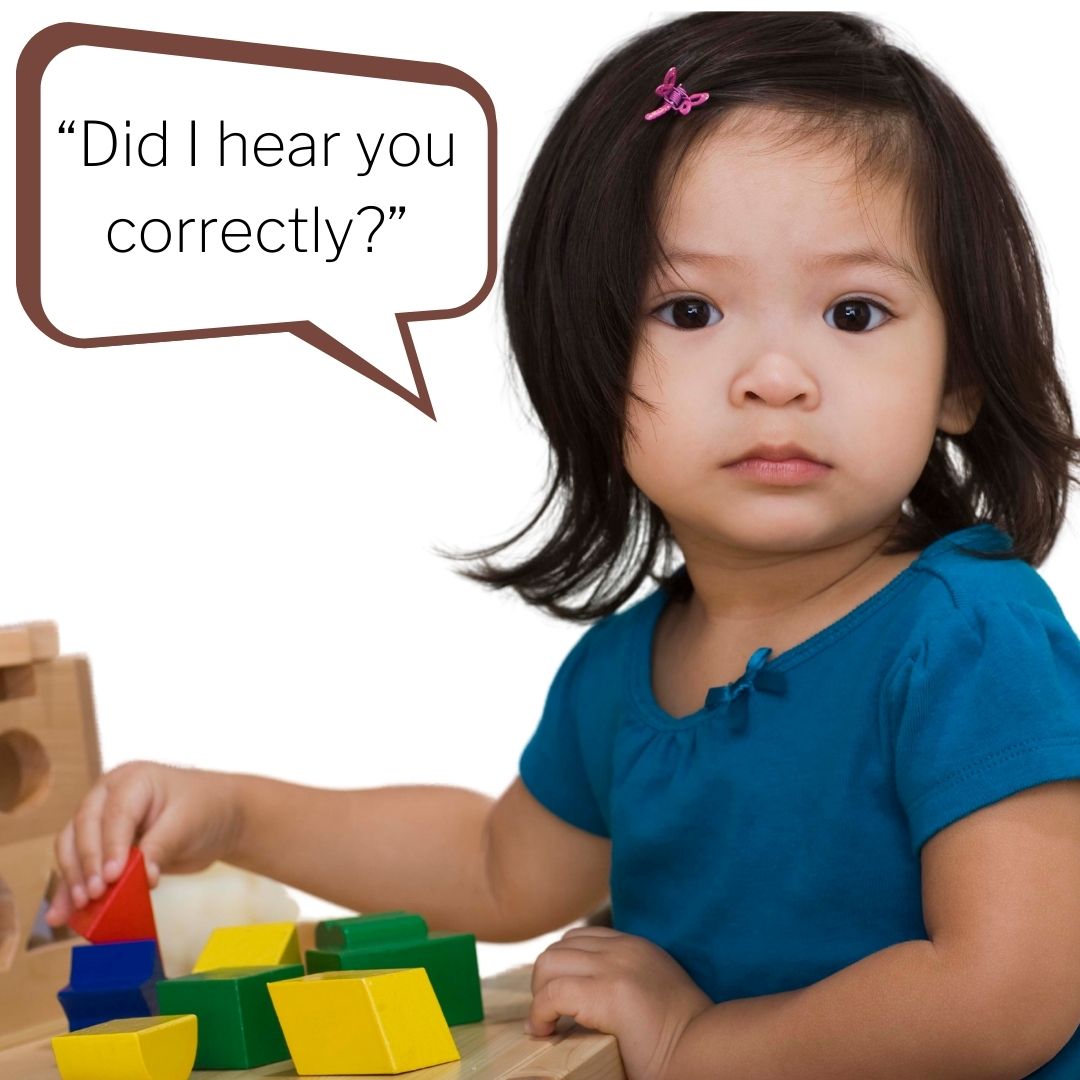4.15: The Power of Listening: Questions – The Gateway to Knowledge

Questions: The Gateway to Knowledge
The key to asking great questions is by being a great listener. If you are listening actively, you will recognize what information you are missing, or what comment requires clarification. Below is a list of some basic types of questions to understand and master.
There is a general distinction between Open Ended Questions – questions that require some thought and more than a yes or no answer, and Close Ended Questions – questions that only require a specific answer or a yes/no answer. This is an important distinction to understand and remember. In the context of managing conflict, open-ended questions are utilized for information gathering and close-ended questions are used for clarifying concepts or ideas you have heard. Here are examples of these types of questions.
CLARIFYING QUESTIONS (Close-Ended Questions)
- Is this what you said…?
- Did I hear you say…?
- Did I understand you when you said…?
- Did I hear you correctly when you said…?
- Did I paraphrase what you said correctly?
- So this took place on….?
- So you would like to see…?
INFORMATION GATHERING QUESTIONS (Open Ended Questions)
- If there was one small way that things could be better starting today, what would that be?
- How did you feel when…?
- How could you have handled it differently?
- When did it begin?
- When did you first notice…?
- When did that happen?
- Where did this happen?
- What was that all about?
- What happened then?
- What would you like to do about it?
- I want to understand from your perspective, would you please explain further?
- What do you think would make this better going forward?
- What criteria did you use to…?
- What’s another way you might…?
- What resources were used for the project?
A type of question to watch out for is Leading Questions, which provide a direction or answer. An example of this would be, “So you are going to vote for____ for president, aren’t you?” or “What they did is unbelievably, don’t you agree?” These questions can easily be turned into information-gathering questions, “Who are you going to vote for this year?” or “What do you this about their behavior?”

